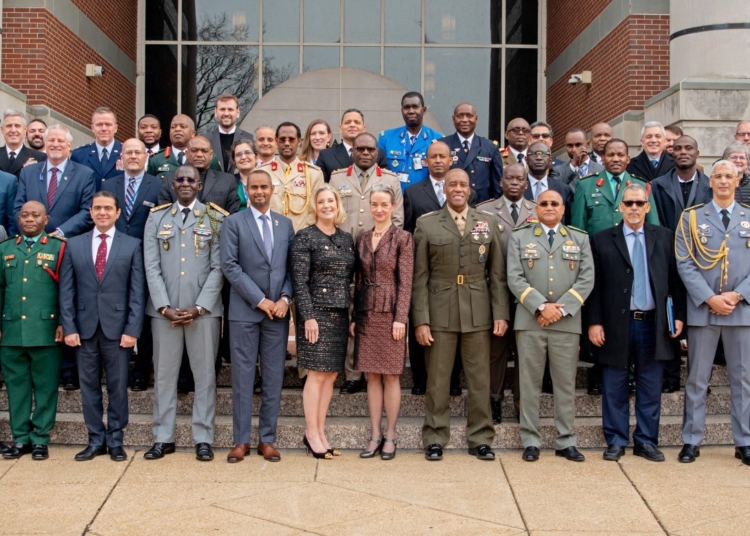Accountability in the military is crucial for maintaining order, discipline, and trust within a military unit. Upholding ethical standards in command is essential for fostering a culture of accountability and integrity within the military. Commanders play a vital role in setting the tone, creating a culture of accountability, and enforcing ethical principles among their subordinates. Challenges to accountability in the military include pressure to prioritize mission success over ethical considerations, organizational cultures that condone unethical behavior, and lack of training in ethical decision-making. By upholding ethical standards in command, military leaders can enhance operational readiness and effectiveness.
Accountability in the Military: Upholding Ethical Standards in Command
Accountability is a fundamental pillar of the military, ensuring that individuals take responsibility for their actions and decisions. It is essential for maintaining order, discipline, and trust within a military unit. Upholding ethical standards in command is vital for fostering a culture of accountability and integrity within the military.
The Importance of Accountability in the Military
Accountability is crucial in the military as it helps to ensure that personnel adhere to rules, regulations, and ethical standards. It promotes transparency, honesty, and integrity, which are essential qualities for effective military leadership. Without accountability, individuals may act with impunity, leading to a breakdown of discipline and trust within the unit.
Accountability also plays a critical role in maintaining operational readiness and effectiveness. When individuals are held accountable for their actions, they are more likely to perform their duties with diligence and professionalism, thereby enhancing the overall success of military operations.
Upholding Ethical Standards in Command
Commanders play a vital role in upholding ethical standards within the military. They are responsible for setting the tone, creating a culture of accountability, and enforcing ethical principles among their subordinates. Commanders must lead by example and demonstrate integrity, honesty, and fairness in their actions and decisions.
Commanders must also establish clear expectations for behavior and performance, communicate these expectations to their subordinates, and hold individuals accountable when they fail to meet these standards. They must address misconduct promptly and impartially, taking appropriate disciplinary action when necessary.
Challenges to Accountability in the Military
Despite the importance of accountability, there are challenges to upholding ethical standards in command within the military. In some cases, individuals may feel pressured to prioritize mission success over ethical considerations, leading to unethical behavior or misconduct. Additionally, there may be instances of organizational culture or leadership that condones or enables unethical behavior.
Furthermore, there may be instances where individuals lack the necessary training or support to make ethical decisions. In these cases, it is essential for military leaders to provide clear guidance, resources, and education on ethical standards and decision-making processes.
Conclusion
Accountability is a critical aspect of military leadership, ensuring that individuals take responsibility for their actions and decisions. Upholding ethical standards in command is essential for fostering a culture of accountability, integrity, and professionalism within the military. Commanders play a vital role in setting the tone, establishing clear expectations, and enforcing ethical principles among their subordinates. By upholding ethical standards in command, military leaders can maintain order, discipline, and trust within their units, thereby enhancing operational readiness and effectiveness.













